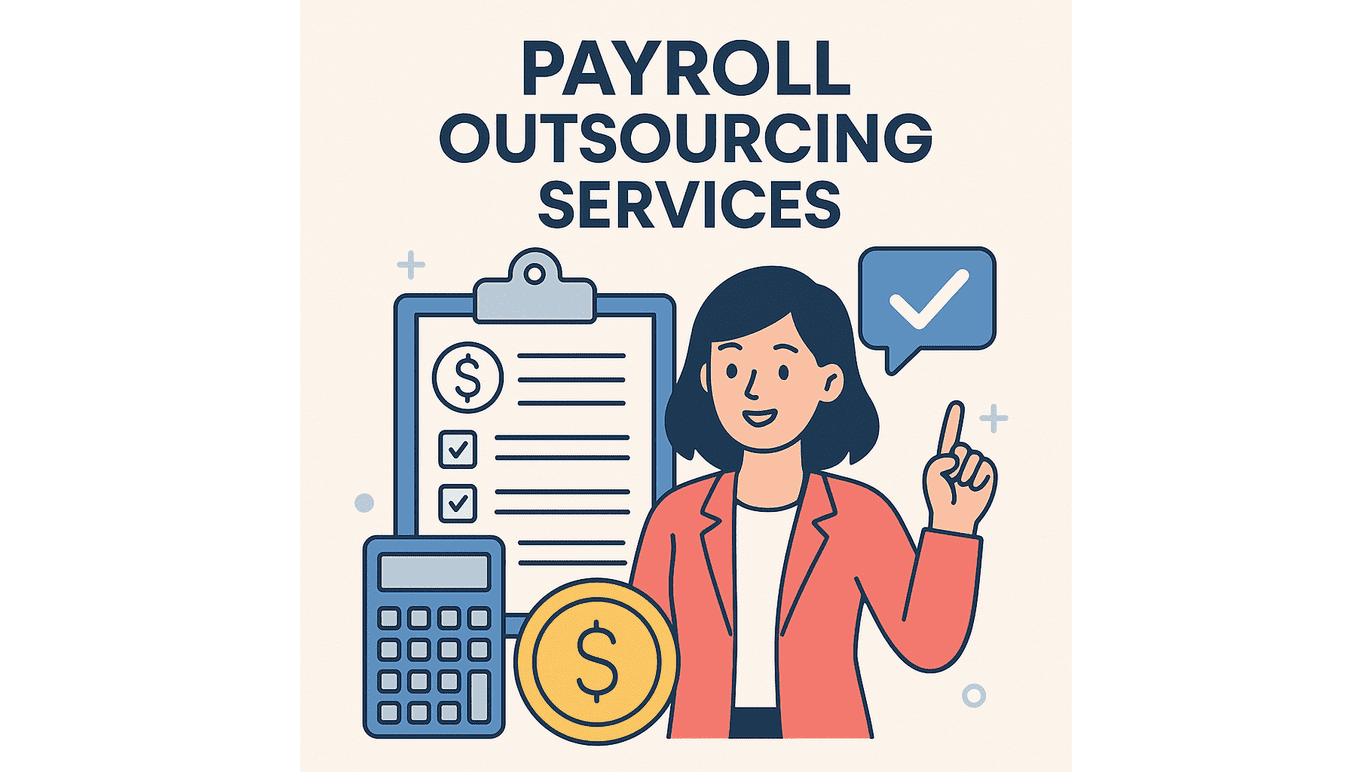
Financial scammers have evolved with time, becoming increasingly sophisticated in their methods to exploit unsuspecting individuals and businesses. These scammers employ various tactics to deceive, manipulate, and steal money from their victims. As financial crimes continue to rise globally, it’s crucial to understand how these scammers operate, the impact of their actions, and the steps one can take to protect themselves.
Understanding Financial Scams: How Scammers Operate
1. Phishing and Social Engineering
Phishing scams involve tricking individuals into sharing sensitive information like passwords, credit card numbers, or social security numbers. Scammers send emails or messages that appear to be from legitimate sources, such as banks or government agencies, urging victims to click on malicious links or provide personal details. Social engineering takes this a step further by manipulating human psychology, exploiting emotions like fear, urgency, or greed.
2. Ponzi and Pyramid Schemes
Ponzi schemes promise high returns with little or no risk by paying earlier investors with the money from new investors. These scams eventually collapse when new investments dry up. Pyramid schemes operate similarly, relying on recruiting others to invest, with each new recruit paying the person who recruited them. Such schemes are unsustainable and illegal in many countries.
3. Investment Fraud
Scammers often pose as financial advisors or brokers, offering fraudulent investment opportunities that promise quick and substantial profits. These can range from fake stocks and bonds to nonexistent real estate deals and cryptocurrency scams. Victims invest large sums of money, only to realize later that their investment was a fraud.
4. Romance Scams
In romance scams, perpetrators create fake profiles on dating sites and social media platforms to establish relationships with victims. Once trust is gained, they fabricate a crisis—such as needing money for a medical emergency or travel expenses—and request financial assistance. Victims often send significant amounts of money, believing they are helping someone they care about.
5. Advance Fee Scams
These scams involve promising victims a significant financial gain (like a loan, inheritance, or lottery prize) in exchange for an upfront fee. Once the fee is paid, the scammer disappears, leaving the victim with nothing. Often, the scammers use official-looking documents and elaborate stories to convince victims of the scheme’s legitimacy.
The Impact of Financial Scams
The consequences of falling victim to financial scams are far-reaching, impacting not just the immediate financial loss but also mental and emotional well-being. Victims often experience severe stress, anxiety, and a loss of trust in others. In the case of businesses, financial scams can lead to reputational damage, operational disruptions, and even bankruptcy.
Financial scams also place a burden on the economy, with millions lost every year to fraudulent activities. Governments and financial institutions spend significant resources investigating and combating these scams, which could otherwise be utilized for public benefit.
How to Protect Yourself from Financial Scams
1. Educate Yourself and Stay Informed
Awareness is your first line of defense. Stay informed about common scams and new tactics that fraudsters are using. Financial institutions, consumer protection agencies, and cybersecurity firms regularly update information on the latest scams.
2. Verify Before You Trust
Before providing personal or financial information, verify the legitimacy of the person or organization you’re dealing with. Check official websites, contact companies directly using verified contact details, and be cautious of unsolicited requests.
3. Be Wary of Unsolicited Offers
If something seems too good to be true, it probably is. Be skeptical of unsolicited investment offers, especially those promising high returns with little or no risk. Research any investment opportunity thoroughly before committing your money.
4. Protect Your Personal Information
Avoid sharing personal information over email, phone, or online platforms unless you are sure of the recipient’s identity. Use strong, unique passwords and enable two-factor authentication on your accounts to enhance security.
5. Report Suspicious Activity
If you suspect that you are being targeted by a scam, report it immediately to local authorities, financial institutions, and relevant consumer protection agencies. Reporting helps prevent others from falling victim to similar schemes.
6. Keep Communication Open with Family and Friends
Scammers often target individuals who are isolated or vulnerable. Regularly discussing financial decisions with trusted family members or friends can provide additional scrutiny and prevent falling prey to scams.
Conclusion
Financial scammers are relentless in their pursuit of exploiting victims, but by understanding their tactics and staying vigilant, you can significantly reduce your risk of falling victim to their schemes. Education, awareness, and proactive measures are the best tools to protect yourself and your finances. Always remember that being cautious today can save you from significant losses tomorrow.








[…] Source link […]